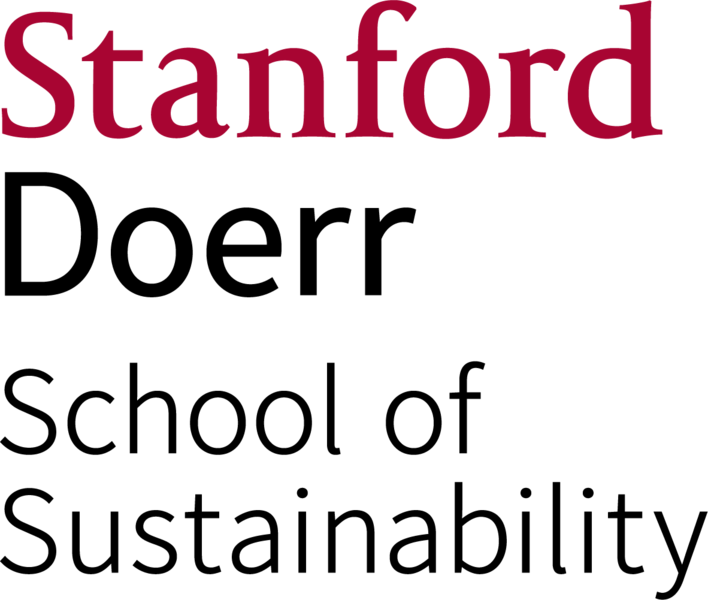Research
The lab is currently focused on two main research lines, the first one is the dynamics of small-scale fisheries in a changing climate (and includes impact of ocean acidification on abalone fisheries in Baja California, shark conservation biology and the simulation of the effect of marine protected areas), the second is the control and elimination of infectious diseases with an important environmental component in their transmission cycle (most notably schistosomiasis in Western Africa, but we are working also on the dynamics of diseases of marine organisms).
Ultimately, our goal is to foster interdisciplinary knowledge and skills within our lab group with the aim of contributing to solve some of the major challenges society has to face, from the sustainable harvesting of renewable resources in a changing climate, to the control of infectious diseases of public health importance.
Research Areas

Disease Ecology and Health
Researchers

Giulio De Leo
I am a theoretical ecologist generally interested in investigating factors and processes driving the dynamics of natural and harvested populations and in understanding how to use this knowledge to inform practical management. I study resilience from two very different points of view: on the one hand, I have focused my attention on populations that prove to be resilient despite our effort to control or eradicate them, namely parasitic and infectious diseases. On the other hand, I have been working extensively to understand how to increase resilience of population of commercial or conservation interest to extensive harvesting, environmental shocks, climate change and land use change. I have been working on a number of theoretical and applied problems ranging from the conservation of the European eel to the sustainable management of the abalone fishery in Baja California in the face of climate change, the biocontrol of schistosomiasis in west Africa and the relationship between resource exploitation, infectious diseases and poverty traps.

Maurice Goodman
My work aims to characterize the effects of climate change on the consumer-resource dynamics of coastal marine fishes and invertebrates, particularly those of fisheries and conservation concern. My projects span a variety of spatial scales - at small scales, assessing climate-driven changes in per-capita interaction rates between groundfish in the Bering Sea and between urchins and kelp on the California coast - as well as at large scales, studying how changes in the biogeographic ranges of Bering Sea groundfish are altering the extent of spatial overlap between interacting species. I use several different statistical and computational techniques to tackle these questions in space and time. In the future, I aim to have the results of my analyses incorporated into ecosystem models which are used to keep fisheries sustainable under climate change.

Zac Yung-Chun Liu
Zac Yung-Chun Liu specializes in machine learning, artificial intelligence applications, remote sensing imagery processing, and geospatial analysis. His deep learning work includes computer vision, image classification, segmentation, object detection, and natural language processing, related to disease ecology and shark conservation.

Julie Pourtois
Julie joined the lab as a PhD student in Autumn 2019. She is interested in using mathematical models to study the interaction between bacteriophages and bacteria, and its impact on disease. She is currently working on two systems: filamentous phages and bacterial infections in patients with cystic fibrosis and the withering syndrome that affects abalones. Other research interests include disease dynamics (malaria, covid-19) and using machine learning tools to study large-scale events (deforestation,...). Her previous work includes a study of the impact of phages on marine bacterial communities and nutrient cycling.






